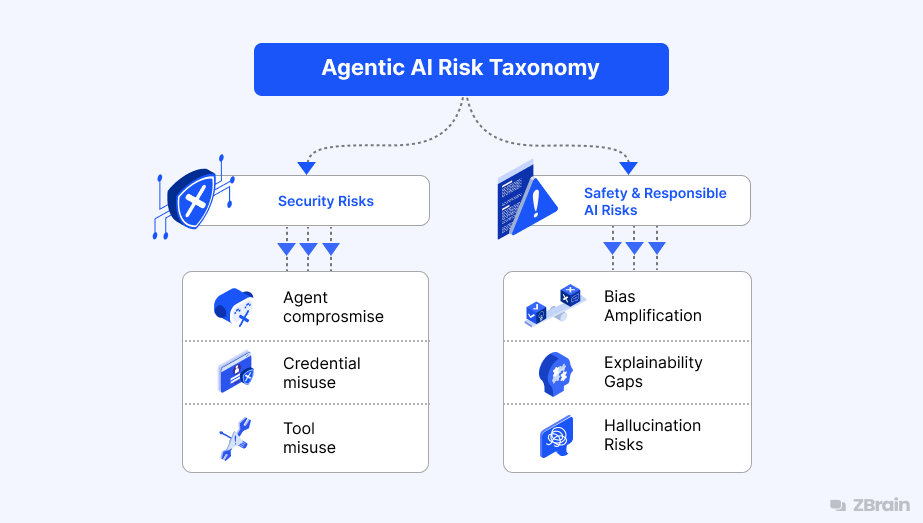This Blog Will Introduce You to the Latest Digital Technology in Thailand

Hi everyone! How are you all doing? Welcome to dignotech.com! Thailand, known for its rich culture, stunning landscapes, and vibrant cities, has also been making significant strides in digital technology. The country’s digital transformation has accelerated over the past few years, with both the government and private sector embracing cutting-edge technologies. In this article, we will explore the latest digital technologies emerging in Thailand, from advancements in artificial intelligence (AI) to smart cities and blockchain applications. Additionally, we will address seven frequently asked questions to give you a deeper understanding of how digital technologies are shaping the future of this Southeast Asian nation.
Digital Technology Landscape in Thailand
Thailand has long been a hub for innovation and technology in Southeast Asia. As part of its goal to become a regional leader in digital technology, Thailand has launched various initiatives and policies designed to foster the growth of the digital economy. The government’s “Thailand 4.0” initiative, launched in 2016, emphasizes the shift from an industrial-based economy to a knowledge-based one. This includes adopting and advancing technologies such as AI, the Internet of Things (IoT), and blockchain.
Artificial Intelligence (AI) in Thailand
Artificial intelligence is rapidly transforming various sectors in Thailand. AI technologies are increasingly used in healthcare, finance, retail, and manufacturing, among other industries. In healthcare, AI is improving diagnostic tools, personalizing treatment plans, and enhancing administrative processes. In the financial sector, AI is being used for fraud detection, algorithmic trading, and personalized financial services.
The Thai government has recognized the importance of AI in driving economic growth and has partnered with various private sector organizations and research institutions to develop AI technologies. Additionally, several universities in Thailand offer AI-related courses to help train the next generation of AI professionals.
AI Startups: Thailand has seen the rise of several AI startups, such as DataWow, a company specializing in AI-driven analytics for businesses, and Vyyer, a deep learning platform that provides advanced AI solutions for industries ranging from manufacturing to agriculture. These startups are helping to solidify Thailand’s position as an AI hub in Southeast Asia.
Blockchain Technology in Thailand
Blockchain, the technology behind cryptocurrencies like Bitcoin, is being explored by businesses and the government in Thailand for its potential to improve security, transparency, and efficiency in various sectors. Blockchain has found applications in supply chain management, financial services, and even voting systems.
Thailand’s Blockchain Developments: The Bank of Thailand (BOT) has been particularly active in exploring blockchain. In 2018, the BOT announced a pilot project called “Project Inthanon,” aimed at testing the use of blockchain technology for real-time gross settlement systems. This pilot project aimed to reduce the costs of interbank payments and improve transaction efficiency.
Cryptocurrency Regulations: Thailand has also been proactive in regulating cryptocurrencies. The country established a legal framework to regulate cryptocurrency trading in 2018, making it one of the first countries in Southeast Asia to do so. This regulation provides a secure environment for both investors and businesses involved in digital currency trading.
Internet of Things (IoT) in Thailand
The Internet of Things (IoT) is another rapidly growing digital technology in Thailand. IoT refers to the network of physical devices, vehicles, and home appliances that are connected to the internet, enabling them to collect and exchange data. In Thailand, IoT is being used to improve sectors like agriculture, logistics, and urban planning.
Smart Cities: In recent years, Thailand has been working towards building “smart cities” that leverage IoT technologies to improve urban living. One such example is the Eastern Economic Corridor (EEC), a large-scale project aimed at transforming the eastern provinces of Chachoengsao, Chonburi, and Rayong into smart cities that use IoT solutions to manage traffic, waste, and energy efficiently.
Agriculture and IoT: IoT is also playing a crucial role in modernizing Thailand’s agricultural sector. By using IoT devices like sensors and smart irrigation systems, farmers can monitor crop conditions and optimize the use of resources like water and fertilizers, thus improving crop yields and reducing costs.
5G Technology in Thailand
Thailand is one of the first countries in Southeast Asia to deploy 5G technology. 5G promises faster internet speeds, lower latency, and more reliable connections, which will open the door to numerous advancements in fields such as autonomous vehicles, remote healthcare, and industrial automation.
5G Rollout: In 2020, Thailand’s National Broadcasting and Telecommunications Commission (NBTC) awarded 5G spectrum licenses to major telecom companies, including AIS, TrueMove H, and DTAC. Since then, these companies have begun rolling out 5G networks in major cities across the country, with plans to expand coverage to rural areas as well.
5G and Smart Cities: The roll-out of 5G technology is expected to be a major catalyst for the development of smart cities in Thailand. By enabling high-speed, low-latency communication, 5G will make it easier to manage smart city infrastructure, from traffic management systems to public safety surveillance.
E-Commerce and Digital Payments in Thailand
E-commerce and digital payments have exploded in Thailand, driven by the increasing use of smartphones and internet connectivity. Platforms like Lazada, Shopee, and JD Central have revolutionized the retail sector, while mobile payment services like TrueMoney, Line Pay, and Alipay are gaining traction.
E-Commerce Growth: The COVID-19 pandemic significantly accelerated the growth of e-commerce in Thailand. Online shopping became the preferred choice for many consumers during lockdowns, and this trend has continued even after the restrictions were lifted. Thailand’s e-commerce market is expected to continue growing, with more businesses embracing online sales platforms and digital marketing.
Digital Payment Solutions: The adoption of digital payment systems has made it easier for consumers to make secure payments online and in physical stores. The Thai government has also launched several initiatives to promote digital payments, including the PromptPay system, which allows people to transfer money using just their national ID number or mobile phone number.
Digital Healthcare Technologies
The healthcare sector in Thailand is undergoing a digital transformation, with innovations that aim to improve patient care, reduce healthcare costs, and increase efficiency. Digital healthcare technologies include telemedicine, electronic health records (EHR), and AI-based diagnostic tools.
Telemedicine: Telemedicine services, which allow patients to consult doctors remotely, have gained significant popularity in Thailand, especially during the pandemic. This has made healthcare more accessible, particularly for people in rural areas who may not have easy access to medical facilities.
E-Health Records: Thailand has been working on implementing electronic health records (EHR) nationwide. This would allow healthcare providers to access and share patient data more efficiently, improving the quality of care while reducing administrative overhead.
Frequently Asked Question
What is the Thailand 4.0 initiative?
The Thailand 4.0 initiative is a government-led policy aimed at transforming the country into a knowledge-based economy by embracing digital technologies. This initiative focuses on developing high-tech industries, enhancing innovation, and fostering the growth of the digital economy through initiatives like AI, IoT, and blockchain.
How is Thailand using AI in healthcare?
In Thailand, AI is being used to enhance diagnostic tools, personalize treatment plans, and streamline administrative processes in healthcare. AI technologies are also being used to analyze medical images, predict disease outbreaks, and improve patient care in hospitals.
What is Thailand’s approach to blockchain technology?
Thailand is actively exploring blockchain technology for use in various sectors, including finance, supply chain management, and voting systems. The Bank of Thailand has been involved in blockchain pilots like Project Inthanon, which aims to improve the efficiency of interbank payments.
How is Thailand leveraging IoT for smart cities?
Thailand is using IoT technologies to build smart cities, such as those in the Eastern Economic Corridor (EEC). IoT solutions are being used for traffic management, energy efficiency, waste management, and public safety to improve urban living conditions.
What are the benefits of 5G technology in Thailand?
5G technology will provide faster internet speeds, lower latency, and more reliable connections. This will enhance smart city infrastructure, support the development of autonomous vehicles, and enable applications like remote healthcare and industrial automation.
How has e-commerce grown in Thailand?
E-commerce in Thailand has seen rapid growth, especially due to the COVID-19 pandemic. Online shopping platforms like Lazada and Shopee have gained popularity, while digital payment solutions like TrueMoney and Line Pay have made transactions more secure and convenient.
What digital healthcare innovations are being implemented in Thailand?
Thailand is embracing digital healthcare innovations like telemedicine, electronic health records (EHR), and AI-based diagnostic tools to improve patient care and reduce healthcare costs. These technologies are helping make healthcare more accessible, particularly in rural areas.
Conclusion
Thailand is at the forefront of digital innovation in Southeast Asia, with new technologies transforming industries ranging from healthcare to finance and beyond. The country’s commitment to embracing technologies like AI, blockchain, IoT, and 5G is helping to drive economic growth, enhance quality of life, and position Thailand as a key player in the global digital economy. As these technologies continue to evolve, we can expect even more exciting advancements in the years to come.





